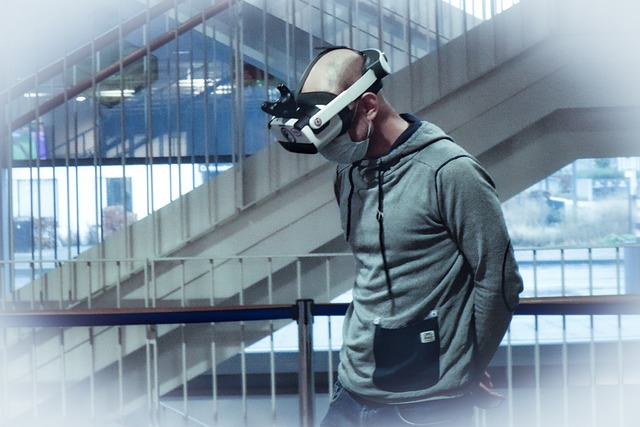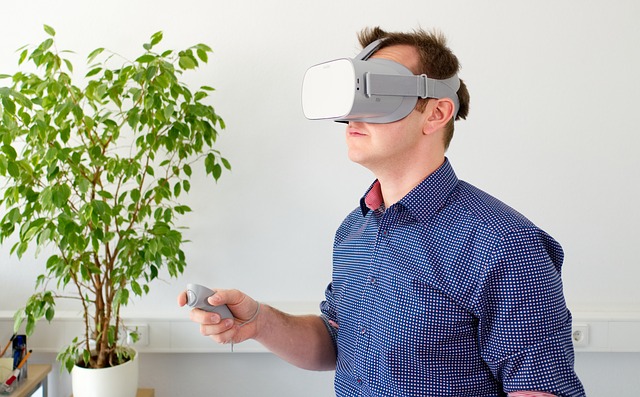Virtual Reality is an emerging technology with the potential to improve all areas of life. From education and medicine to entertainment, sports, and travel, VR has the power to transform the way we experience reality. Virtual Reality (VR) and Augmented Reality (AR) have been part of popular culture for decades, but not until recently has the technology been available to make these experiences truly accessible.
Bringing virtual reality into your business is the next step in the evolution of computing. Organizations that buy into this technology earlier will benefit the most. With immersive experiences, organizations can increase productivity, cut costs, and transform their services for customers.

Extended Reality (XR) is a term used to describe any reality that is extended beyond our normal senses, encompassing virtual reality (VR), mixed reality (MR), augmented reality (AR), and more.
Extended reality has been around for years in the form of video games, science fiction, and early experiments, but the technology to create it only recently became available to consumers. Now, the capabilities of XR are being discovered by businesses of all shapes and sizes in every industry.
What Businesses Can Do with Extended Reality?
From conducting virtual meetings to creating training simulations, XR technology can be applied to almost every industry and can benefit just about any business model.

Extended Reality will revolutionize the way we work. It will create immersive experiences that increase efficiency by allowing workers to do more while physically remaining at their desks. Industries such as manufacturing and healthcare, which have suffered from a shortage of skilled labor, can now take advantage of remote learning technologies in XR environments. The combination of VR or MR with educational content makes it possible for workers to train on virtual equipment before performing procedures on physical equipment in the real world. And businesses can extend their reach into new markets by allowing customers to experience products remotely through XR.
Virtual communications
The first application of XR technology that most people think of is virtual communications, which delivers on its promise as a way for coworkers and customers to interact as if they were face-to-face. A decade ago, this would have been considered cutting edge; today it is commonplace and expected from top companies.
With VR, people can learn effectively anywhere and anytime without the limitations of time or location. No matter where your employees are located or what kind of training you need to provide, there are options for providing:
Better Leadership Skills with VR / AR
Leadership skills are especially critical when they are related to teamwork and communication.
Leadership in the new age of work is a highly sought-after skill. But developing it can be an expensive endeavor. Fortunately, companies should look to virtual reality (VR) for cost-effective ways to develop leadership skills in their workforce.

Leadership and physical skills are key elements of any employee’s on-the-job success. Trained employees are more productive and efficient, resulting in lower costs and greater customer satisfaction. However, traditional methods of training can be costly, complex, and cumbersome.
Training sessions with AR / VR
Training can help employees feel appreciated and stay motivated by reinforcing the company’s values. If employees learn the values in their initial onboarding process, leadership will have a better sense of how their new team members will fit into their organization.
The ability to train employees remotely and safely saves training time, reduces costs, and eliminates the risk for employees and businesses. The ability to bring training and learning into the workplace helps employees retain skills and results in better employee productivity and overall satisfaction.
Ecommerce Skills
VR has proven as a cost-efficient alternative to traditional e-commerce sales training. As online shopping becomes increasingly popular, companies have recognized the need for a more immersive e-commerce experience. Businesses are finding that they can save time and money by using VR to train their employees on the basics of online sales, including customer service, product information, inventory management, and other tasks related to online sales.


